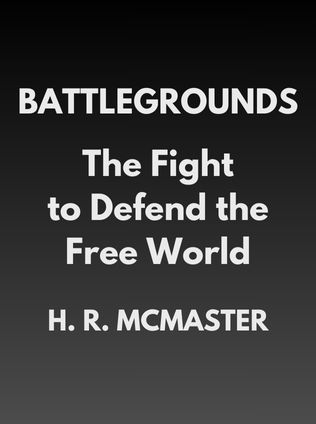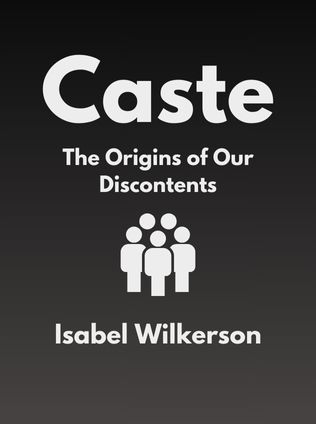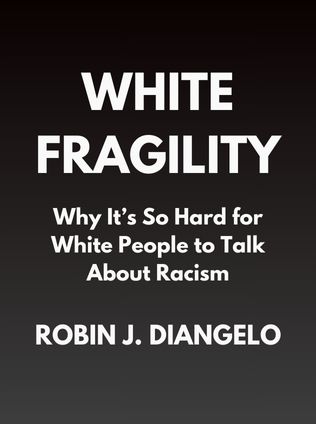
Battlegrounds
The Fight to Defend the Free World
By H. R. McMaster
Published 09/2020
About the Author
H.R. McMaster is a retired United States Army lieutenant general and former National Security Advisor. With an extensive military career that includes service in Iraq and Afghanistan, McMaster is well-regarded for his expertise in military strategy and national security. He previously authored "Dereliction of Duty," a critique of the Vietnam War and the policy failures that led to it. In his book "Battlegrounds," published in 2020, McMaster explores the challenges facing the United States on the global stage, drawing from his experience in the Trump administration and his deep knowledge of international relations and military history. His writing reflects a pragmatic approach to foreign policy, emphasizing the need for the United States to reassess its assumptions and strategies in order to effectively compete in an increasingly complex world.
Main Idea
"Battlegrounds" by H.R. McMaster argues that the United States must rethink its foreign policy approach, particularly its assumptions about the inevitability of democracy and capitalism, and its reliance on military power without long-term strategic planning. McMaster critiques the self-centered worldview that blinds American policymakers to the ambitions and motivations of other nations, such as Russia, China, and Iran. He calls for a more empathetic and realistic understanding of global dynamics, where the U.S. engages with the world through a combination of military preparedness, diplomatic efforts, and a renewed focus on education and civic engagement at home.
Table of Contents
- Introduction: The Flawed Assumptions of U.S. Foreign Policy
- American Assumptions: The Limits of Capitalist Democracy
- Military Strength: The Shortcomings of Overwhelming Force
- Seeing the World Through Other Eyes: Understanding Adversaries
- Russia: The Return of Authoritarianism
- China: Economic Warfare and Global Ambitions
- Afghanistan: A Missed Opportunity for Peace
- The Middle East: Sectarian Conflict and U.S. Missteps
- North Korea: The Wild Card of Global Security
- The Path Forward: Vigilance, Truth, and Education
Introduction: The Flawed Assumptions of U.S. Foreign Policy
H.R. McMaster opens "Battlegrounds" with a critique of the flawed assumptions that have long driven U.S. foreign policy. He argues that American policymakers have operated under the belief that democracy and capitalism are universal values that will inevitably take root in any country, given the right circumstances. This belief, he contends, has led to policies of appeasement toward authoritarian regimes and a lack of sustained support for nascent democracies, particularly in regions like the Middle East and Eastern Europe.
McMaster also criticizes the U.S.'s overreliance on military force to achieve foreign policy objectives. He argues that while the U.S. military is unmatched in its capacity for short-term victories, these successes are often undermined by a lack of long-term strategic planning. The assumption that overwhelming military force can solve complex geopolitical problems has led to protracted conflicts in Iraq and Afghanistan, where initial victories gave way to prolonged instability.
"The conceit of American policymakers is that the U.S. is the fulcrum of the world. This blinds them to the goals and ambitions of rival powers such as Russia and China, while denying the historical and emotional motivations that underlie the actions of other countries' leaders." - H.R. McMaster
To address these issues, McMaster calls for a more empathetic approach to foreign policy, one that takes into account the perspectives and motivations of other nations. He argues that by understanding the world through the eyes of its competitors and adversaries, the U.S. can better prepare to defend against threats and compete in the modern global landscape.
American Assumptions: The Limits of Capitalist Democracy
McMaster delves into the flawed assumption that capitalist democracy is the inevitable endpoint for all nations. After the Cold War, many in the U.S. believed that the ideological battles of the 20th century had been won and that democracy and capitalism would naturally spread across the globe. This led to policies that assumed authoritarian regimes would eventually "soften" and that newly democratic nations would thrive without sustained support from the U.S.
However, McMaster argues that this assumption was naive and shortsighted. In many cases, authoritarian regimes, such as those in China and Iran, have not softened but have instead strengthened their grip on power. Meanwhile, in regions like Afghanistan and Iraq, the U.S. withdrew its support too soon, leaving these nascent democracies vulnerable to extremist groups and internal strife.
"The belief that democracy and capitalism are inevitable has led to policies of appeasement toward dictatorial regimes and the premature withdrawal of support from nations in transition." - H.R. McMaster
McMaster highlights the need for a more nuanced approach to foreign policy, one that recognizes the unique historical, cultural, and political contexts of each nation. Rather than assuming that all countries will eventually follow the same path as the U.S., he argues that policymakers should engage with each nation on its own terms, offering support and guidance tailored to their specific circumstances.
Sign up for FREE and get access to 1,400+ books summaries.
You May Also Like
Rich Dad Poor Dad
What the Rich Teach Their Kids About Money - That the Poor and Middle Class Do Not!
By Robert T. KiyosakiFreakonomics
A Rogue Economist Explores the Hidden Side of Everything
By Steven D. Levitt and Stephen J. DubnerI Am Malala
The Story of the Girl Who Stood Up for Education and Was Shot by the Taliban
By Malala YousafzaiFactfulness
Ten Reasons We're Wrong About the World – and Why Things Are Better Than You Think
By Hans Rosling



















